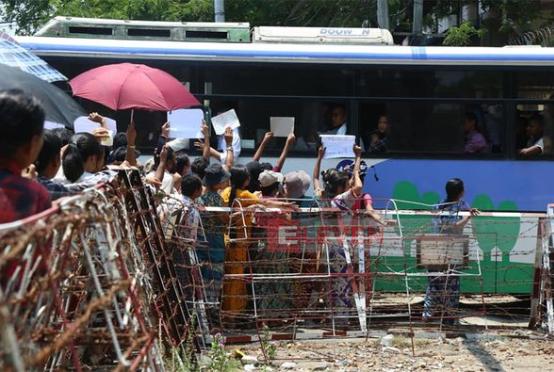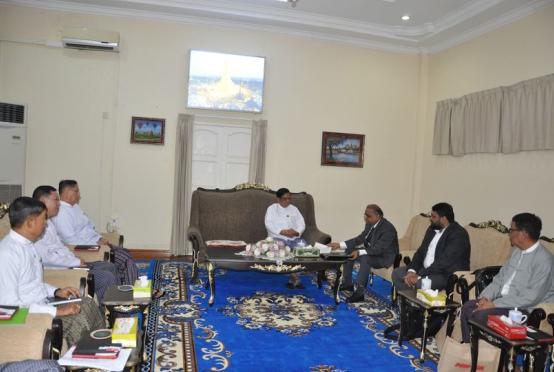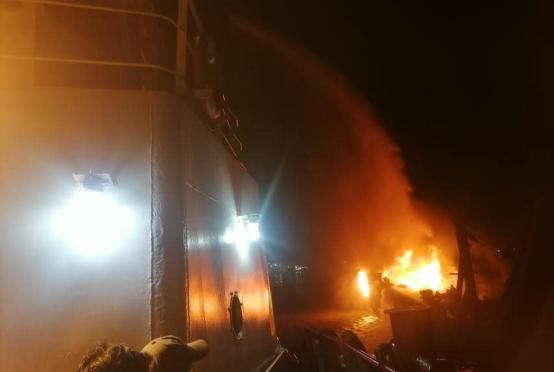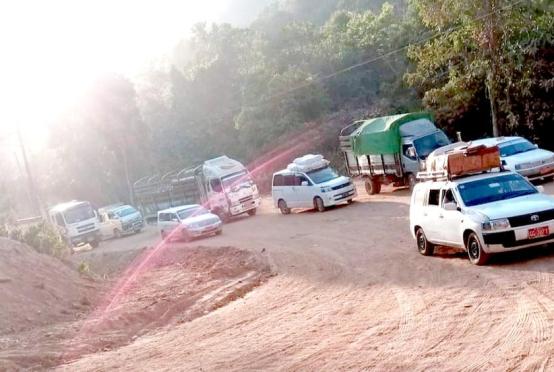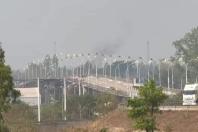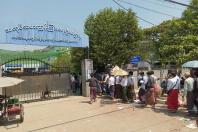The DailyStar/ANN
Bangladesh yesterday approved the Oxford University-AstraZeneca coronavirus vaccine for emergency use, paving the way for importing the vaccine from Serum Institute of India.
Bangladesh's drug administration gave Beximco Pharmaceuticals Ltd, the local partner of Serum, the no objection certificate (NOC) required to import the shots branded Covishield.
The government is likely to make half the payment today in advance for the three crore doses of the much-sought-after vaccine.
According to the contract between the government, Serum and its local partner Beximco Pharmaceuticals Ltd, the first shipment should arrive in the country a month after the approval and the payment. Each dose of the vaccine is to cost $5 for the government.
"The vaccine can be administered for emergency use. Hopefully, we will make the advance payment tomorrow [today]," Health Secretary Abdul Mannan told The Daily Star last night.
Ayub Hossain, spokesperson for the Directorate General of Drug Administration (DGDA), told The Daily Star that the DGDA gave the NOC to import the vaccine and approved its emergency use because registering it would be a time-consuming process.
However, Beximco Pharmaceuticals Managing Director Nazmul Hassan Papon last night said he has yet to formally receive the NOC.
The developments come after India on Sunday banned export of the vaccine for two months to make sure emergency local demands are met.
As many people here expressed concerns that the shots might not arrive on time, the Bangladesh government yesterday said the ban would not affect the import of Covishield.
"The deal was done on the basis of discussions at the highest level, between Bangladesh Prime Minister Sheikh Hasina and Indian Premier Narendra Modi. So, no ban will be applicable for us. There is no reason for us to worry," said Foreign Minister AK Abdul Momen referring to a correspondence with the Indian Ministry of External Affairs.
"The vaccine will arrive on time. It will come towards the end of this month … India and Bangladesh will get the Serum vaccines at the same time," he told reporters at a briefing at the Foreign Service Academy.
The Serum Institute on Sunday said it intends to concentrate on meeting India's own immediate demand for two months before exporting it to other countries.
Health Minister Zahid Maleque and Secretary Abdul Mannan of the health ministry yesterday told reporters that the ban would not affect Bangladesh's contract.
Bangladesh is supposed to get 50 lakh doses of Covishield every month for the first six months as per the agreement.
In the evening, Papon said, "Since we have signed an agreement, it is my firm belief that it will not be a problem. We have talked to Serum today [yesterday], but we did not get any indication that there would be any delay [in getting the vaccine]."
"It's an international agreement," Papon told reporters at a hurriedly-called briefing.
But how quickly the vaccine could be availed depends on the government, he added.
The sooner the government meets the conditions of making payment in advance and getting the vaccine approved by the DGDA, the earlier the vaccine will arrive, he said.
A top Indian foreign ministry official yesterday told The Daily Star, "We will prioritise our neighbours, particularly Bangladesh, in sharing our vaccines. It will take a few weeks to roll out, perhaps by the end of [the] month."
During a virtual summit between Hasina and Modi on December 17, the latter promised to promptly and effectively deliver to Bangladesh the Covid-19 vaccine.
Stating that Bangladesh is a significant pillar in India's "Neighbourhood First" policy, Modi said pharmaceutical companies on both sides made plans for supplying the vaccine. Modi also spoke of exploring the potentials of cooperation in vaccine production.
THE CONFUSION TRIGGER
The confusion arose after Serum CEO Adar Poonawalla said in an interview with the Associated Press on Sunday that, "The vaccine has been granted emergency authorisation by the Indian regulator on Sunday, but on the condition that Serum Institute doesn't export the shots to ensure that vulnerable populations in India are protected.
"We can only give the vaccines to the government of India at the moment," he said, adding that the decision was also made to prevent hoarding.
Poonawalla further said the "company also has been barred from selling the vaccine in the private market".
Besides, Serum was planning to give 200 to 300 million doses to COVAX by December 2021, said the AP report.
The report also observed that the ban on export "means that poorer nations will probably have to wait a few months before receiving their first shots".
As the news spread, Bangladesh Health Minister Zahid Maleque told reporters at his office yesterday afternoon that he heard about the Indian embargo.
"We're communicating through the foreign ministry. We have also talked to the Indian high commissioner to Bangladesh. We hope the contract with SII will not be hampered and we will get vaccines as per the contract.
"Yesterday [Sunday] we were sure that we would get the vaccine. Today, we heard the Indian government has imposed a ban on vaccine export."
He added that the ministry was in touch with the Indian authorities and has got assurances that the country would get the vaccine doses as per the agreement.
Health Secretary Mannan at the same briefing said there was nothing to worry about and that "the vaccines will reach in time".
He claimed that the agreement was a government-to-government (G2G) deal and that the ban India imposed was on commercial export.
But Beximco's Papon said, "The agreement that we signed is not a G2G deal for sure. But we don't know whether the government has any G2G deal … ."
Prof Sayedur Rahman, chairman of pharmacology at the Bangabandhu Sheikh Mujib Medical University (BSMMU), said, "The government should strengthen the diplomatic efforts to get the vaccine on time.
"India now has four million vaccine doses and an additional 10 million will be produced by this month. So, India can give Bangladesh 50 lakh doses per month. For that, diplomatic efforts should be strengthened."
Eminent virologist Nazrul Islam said, "These are not onions… we could purchase them from other countries. It is a vaccine. It is not available everywhere. Depending on only one source for the vaccine was a wrong decision. It is suicidal."
He said if Bangladesh had allowed the vaccine trials of Sinovac, it would have had a chance to get that vaccine.
In August 2020, Bangladesh approved Chinese company Sinovac Biotech's human trials in the country, but it did not happen because in mid-October, the government refused to co-fund the domestic trials.
Asked if Bangladesh will look for alternative sources for the vaccine, the foreign minister said, "We are considering various options."




